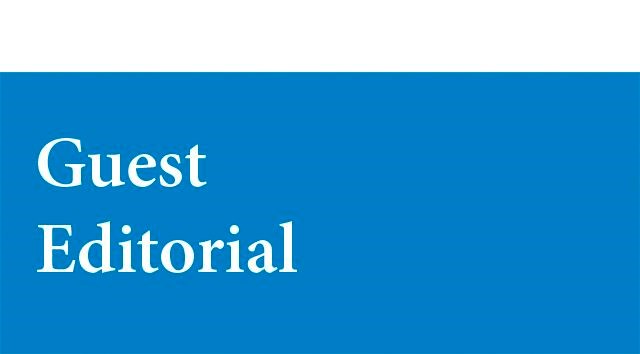"Science is an ongoing process. The more we know, the better our questions and the more we learn."
These wise words are from UNBC chemistry professor Todd Whitcombe's weekly column in The Prince George Citizen on Nov. 28, 2018.
I would like to add to it: the more we learn, the better the decisions we make. And now is a good time to talk about it. This week, natural resource sector, government, community and First Nation leaders are gathering in Prince George for the annual Natural Resource Forum. Many of the delegates will be new mayors and councillors from around the province following last fall's elections.
For 2019, the forum is focusing on subjects such as innovation and technology, mining excellence and the future of the energy industry in B.C. So much of this is driven by scientific research that it is easy to see just how important science is to a prosperous and sustainable future for B.C.
I am the former mayor of Mackenzie, so you might think it a bit odd that I am bending your ear about this. You might think it even more odd that I have a passion for and dedicate so much of my energy to an organization like Geoscience BC in my role as chair of the board. I am not even a scientist, so why am I so passionate about the need for scientific research? Why is it important to all community leaders?
Natural resource development makes up a huge proportion of the B.C. economy. For example, the Mining Association of British Columbia reports that gross mining revenue in 2017 was $11.7 billion, while the Canadian Association of Petroleum Producers puts oil and gas revenues for the same year at $6.4 billion.
Geoscience BC is a not-for-profit society that generates independent, public geoscience research and data about British Columbia's minerals, energy and water resources. This advances knowledge, informs responsible development, encourages investment and stimulates innovation. It complements work done by government scientists, the B.C. Oil and Gas Commission and academics and is part of a powerful body of information for community leaders wanting to make informed and balanced decisions about natural resource development.
For example, Geoscience BC is funding a front-end engineering and design (FEED) project to verify if it is economically viable to use former oil and gas wells near Fort Nelson to generate geothermal electricity and heat. As with all Geoscience BC research, the data and reports from the project will be available publicly to inform decision-making, including potential financial decisions.
Geoscience BC's minerals related research assists more efficient discovery of B.C.'s significant minerals resources. This catalyzes exploration and development opportunities for B.C in a world where global demand for copper, for example, is set to double in coming years to meet demand for high tech items such as electric cars. Community leaders can use Geoscience BC data and research to better understand mineral development potential in their area, and to support more informed decision-making processes.
Much of Geoscience BC's research relating to oil and gas helps to mitigate and manage risks associated with hydraulic fracturing (fracking) for natural gas. For example, near Hudson's Hope an unassuming looking field is home to highly innovative and multi-disciplinary research to understand the effects of a controlled natural gas leak into a confined aquifer. The findings will help to improve water monitoring in areas of natural gas development and to guide remediation work.
Geoscience BC's transparent and collaborative approach has been welcomed by a wide range of people, including many industry, government, community and Indigenous leaders.
I remember well how daunting things can seem as a newly-elected community leader, but also that much of the information needed to make well informed and balanced decisions is often available. I would urge any new mayor or councillor in B.C. to get to know Geoscience BC and its research published since inception in 2005. I will be at the Natural Resources Forum this week with some of the Geoscience BC team to talk about past research and projects getting underway, and to hear about future research needs. After all, the more we learn, the better the decisions we make.
-- Stephanie Killam is the former mayor of Mackenzie and is the chair of the
Geoscience BC board of directors. She is also chair of the Muskwa Kechika
Advisory Board and sits on the boards of the Fraser Basin Council and Northern Health.



